Nowadays, its 2,000 members are committed to democratic governance, tolerance and international understanding. On average, 40 keynotes are given by high-calibre speakers every year. Almost all the presidents and chancellors of the Federal Republic of Germany have counted among the speakers. Other well-known politicians and personalities included France's Charles de Gaulle, François Mitterrand and Valéry Giscard d'Estaing as well as Austria's Bruno Kreisky, Egypt's Secretary-General of the United Nations Boutros Boutros-Ghali, and Yasser Arafat, former Chairman of the Palestinian National Authority. Annual highlights include Overseas Day, which is celebrated on May 7 or thereabouts to commemorate the granting of port rights to the City of Hamburg by Emperor Frederick Barbarossa in 1189. Every two years, Overseas Day becomes Great Overseas Day with a ceremony in City Hall featuring an address by the Mayor of Hamburg, a speech by a selected speaker and a presentation of scholarships to prospective academics and scientists.
The eventful year of 1922 saw the Treaty of Rapallo signed between the German Republic and Soviet Russia marking the start of friendly diplomatic relations, the first official stock index published by the Statistical Office (Statistisches Reichsamt) and the Übersee Club founded in Hamburg on June 27 of the same year to “foster Hamburg's status in the world”. After World War I, the Germany economy had struggled in view of the territorial concessions and reparation payments to the Allied powers agreed in the Treaty of Versailles. Merchants, industrialists and leading figures in Hamburg pinned their hopes on the Übersee Club to rebuild the global economy concertedly and to boost Hamburg's links to world markets. Initiated by Max M. Warburg, a banker, the idea of a "discussion forum" emerged in which outstanding minds from the political sphere, business, culture and science come together. The Übersee Club celebrated its centenary this year with a grand ceremony in the Laeiszhalle on Sunday (July 3, 2022).
Well-known personalities from Germany and abroad
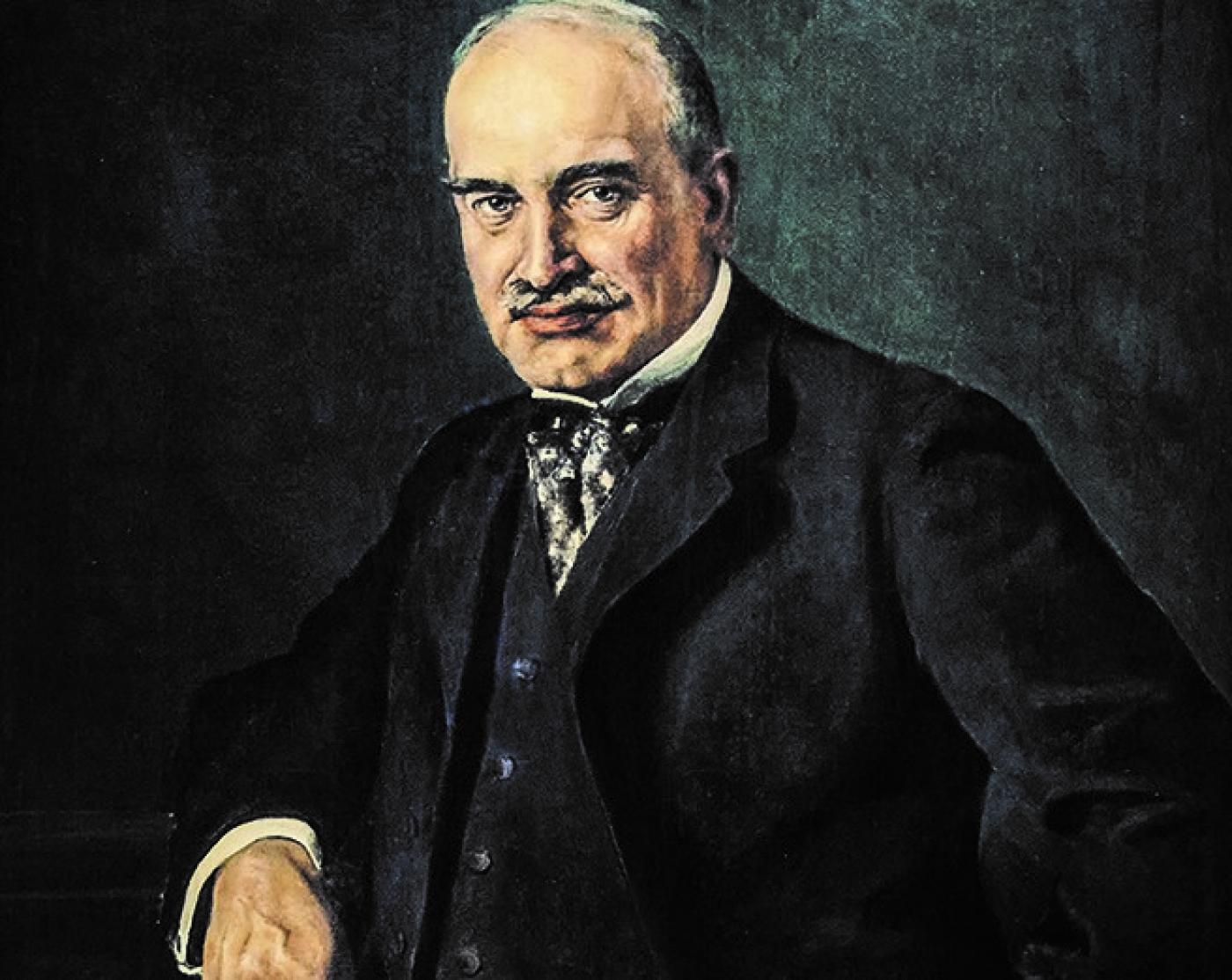
Federal Chancellor Scholz as guest
Economic rationale should have ruled out war-torn conflicts given the backdrop of global economic reliance, said Chancellor Olaf Scholz, on this year's Grand Overseas Day. However, the war in Ukraine has led to a new reality with long-term economic repercussions that require greater German independence and without losing sight of international markets. "I don't have to convince anyone here in Hamburg and especially in the Übersee Club, of the principled advantages of globalisation. Hamburg's interests as a trading and Hanseatic city have for centuries been in free international trade and in the free movement of labour and capital. That gene is inherent in Hamburg's DNA." The goal must now be "smart, sustainable and solidarity-based globalisation", Scholz added.
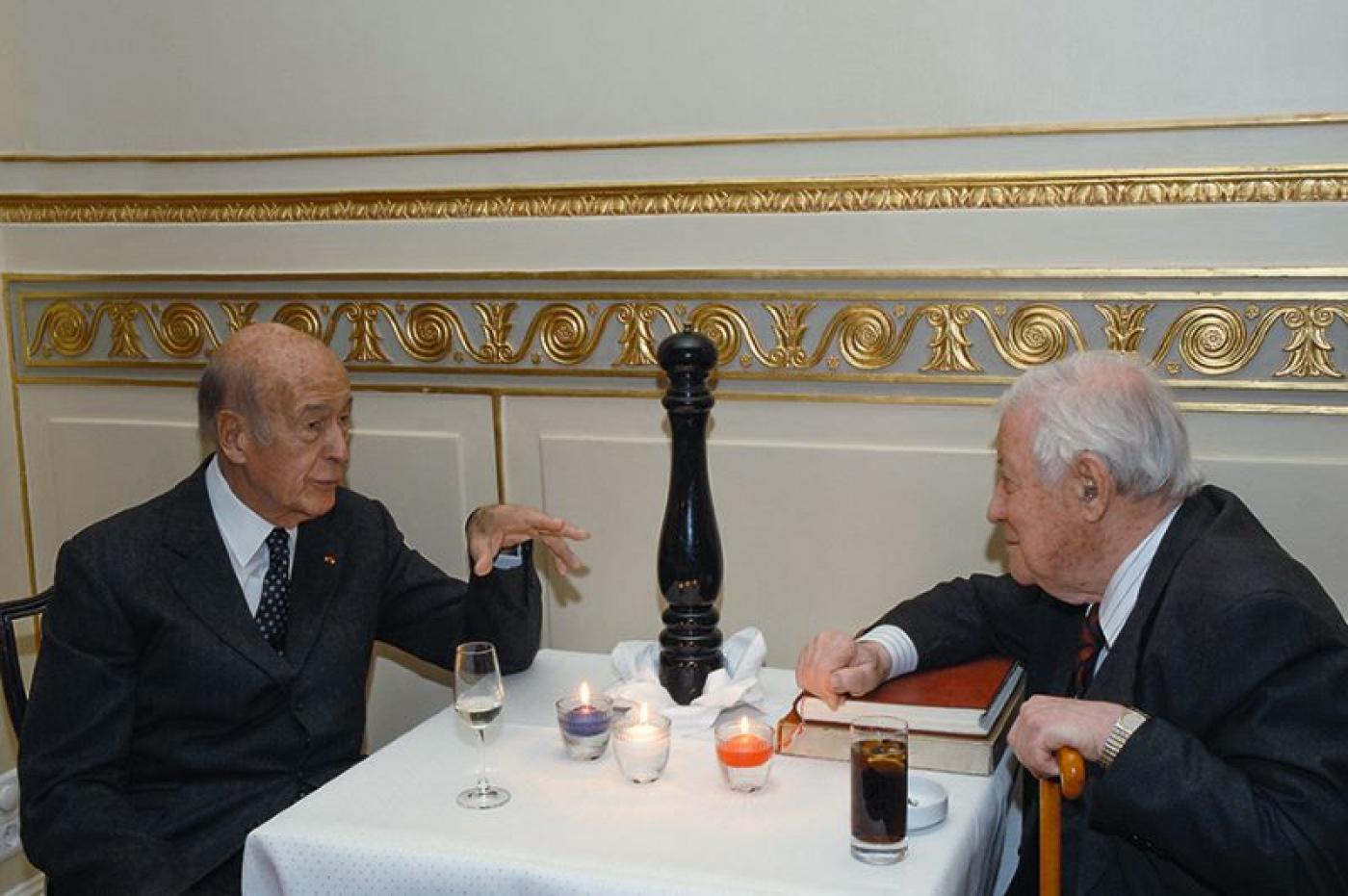
Ceremony on July 3
Given the "Good Reasons" identified by the Übersee Club for the ongoing need of the association, the goal seems appropriate. The "intense discussions on future of globalisation", the need to give "diverging positions a stage in an increasingly polarised era thereby facilitating talks" and the benefits of having "one's own certainties shaken when listening to the thoughts and views of outstanding minds" are among the reasons cited.
Michael Behrend, President of the Übersee Club, welcomed numerous guests to this year's celebrations. Federal President Frank-Walter Steinmeier gave a speech and Dr Peter Tschentscher, Mayor of Hamburg, welcomed guests. French President Emmanuel Macron conveyed his congratulations in a video message further indicating the Übersee Club's close links with France.
ys/sb/pb
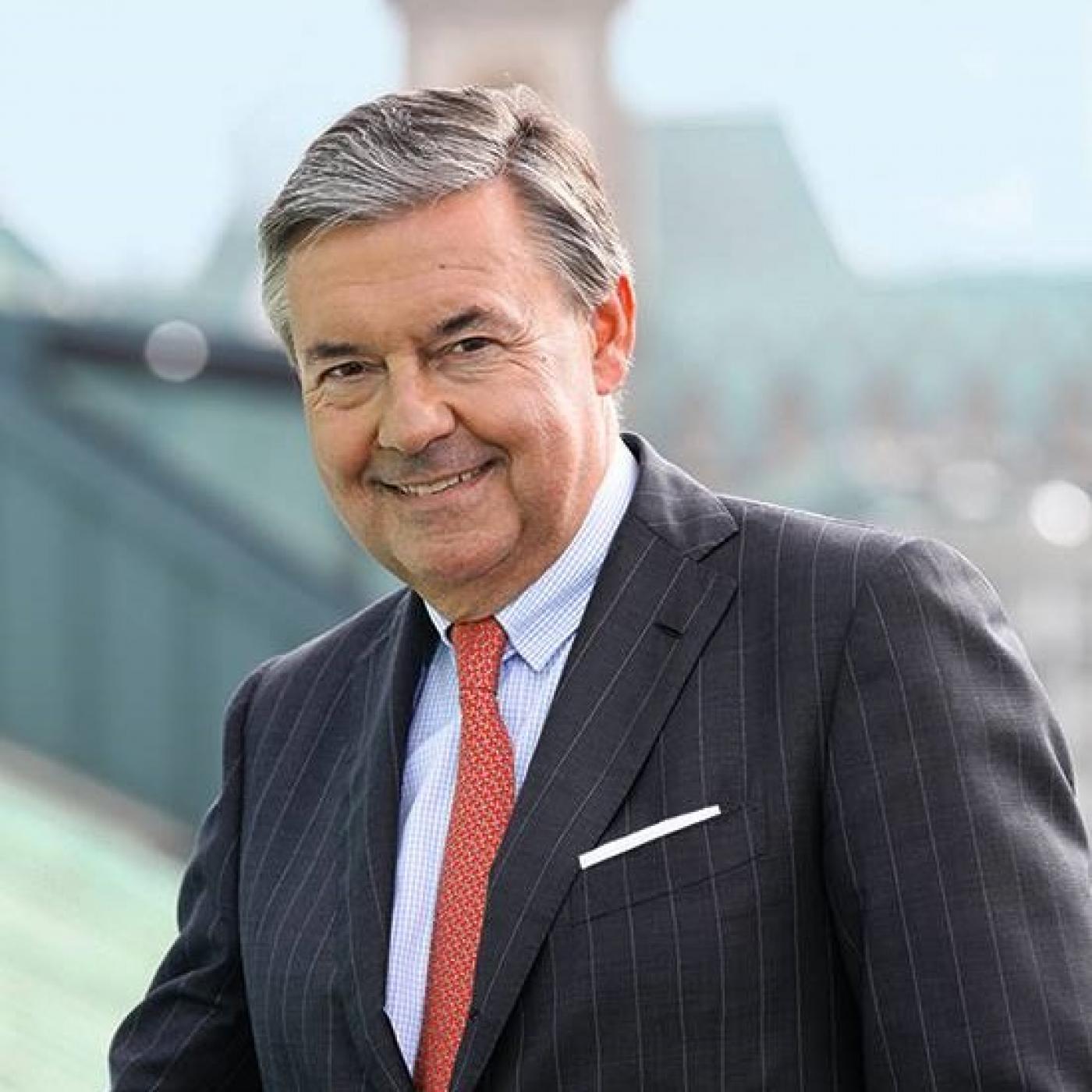
Sources and further information
More
Similar articles
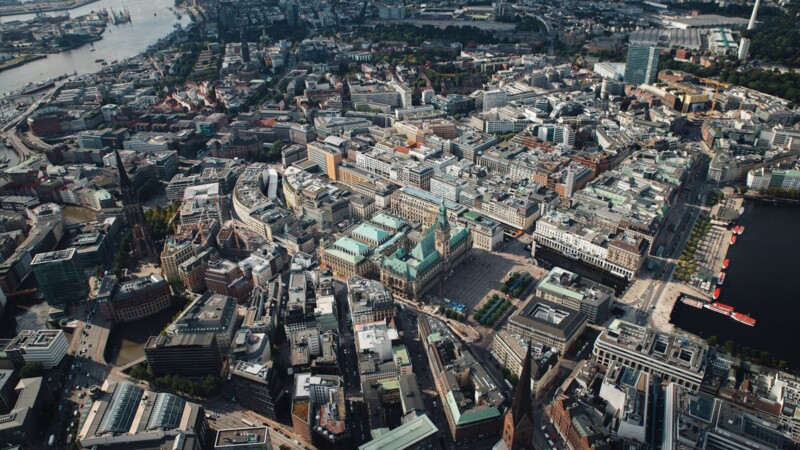
Mayor welcomes HamburgAmbassadors from all over globe
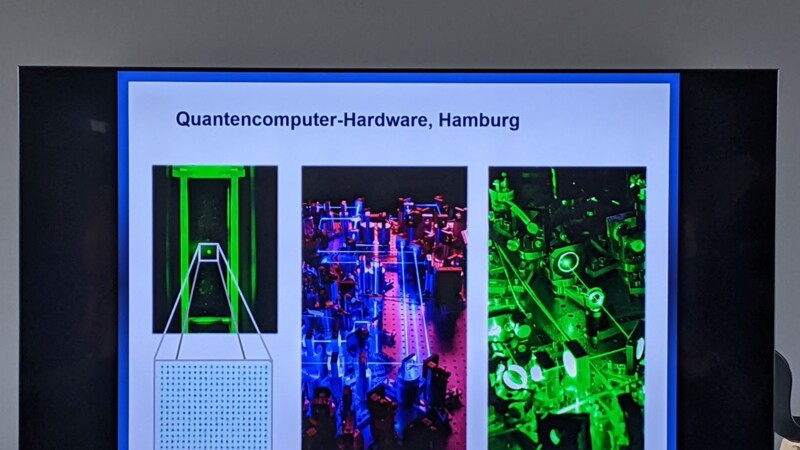
Hamburg's quantum network off to successful start
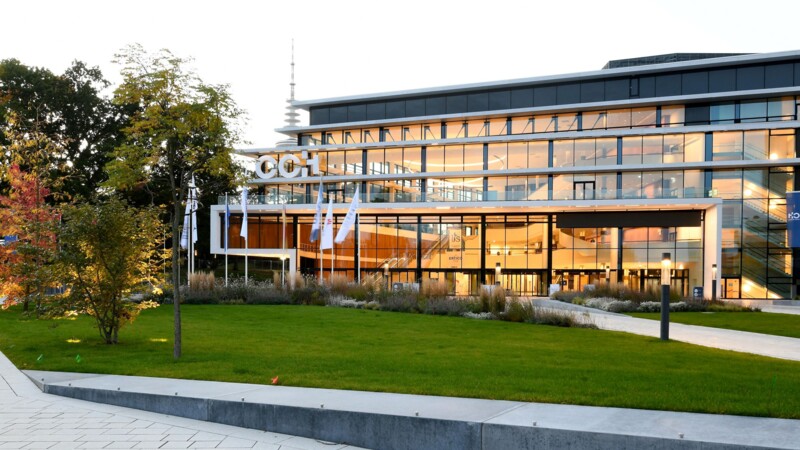
New Congress Center Hamburg to celebrate grand opening
